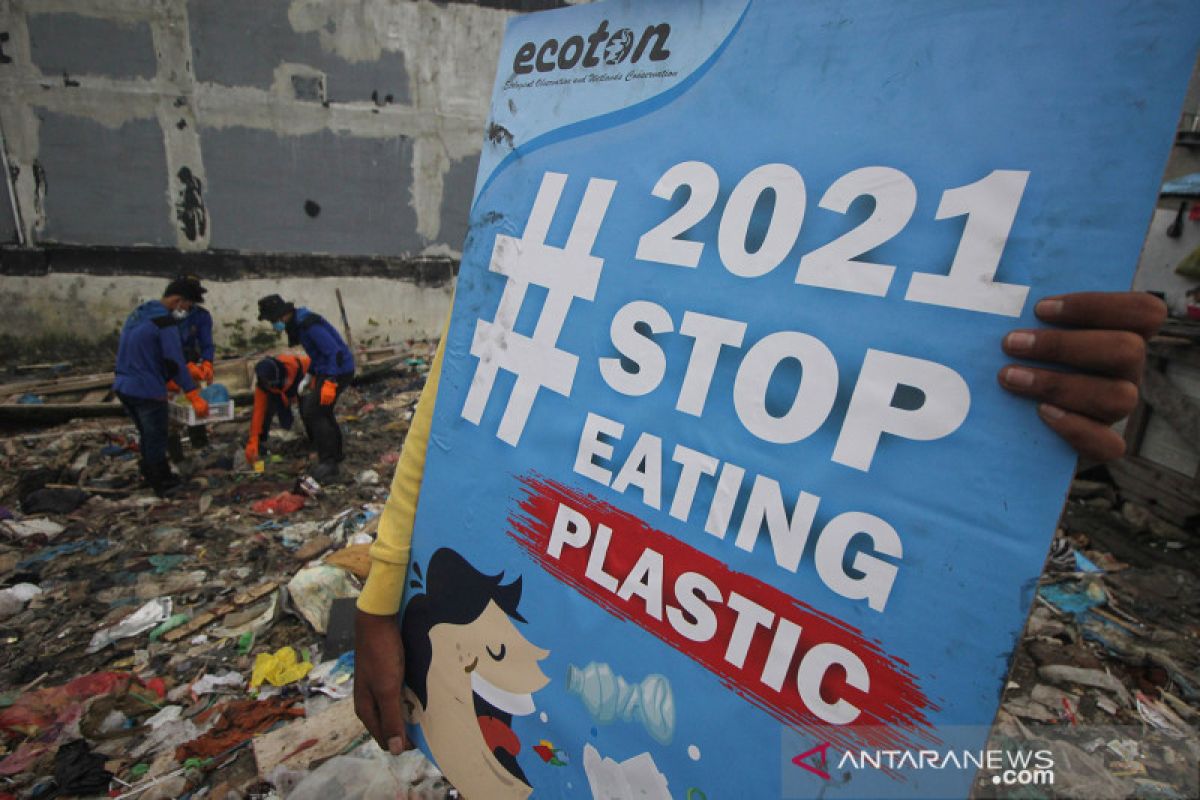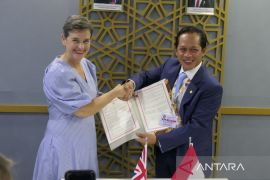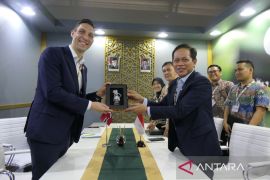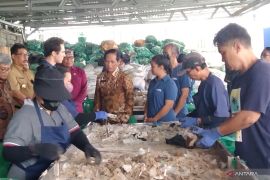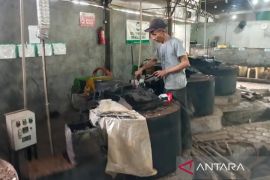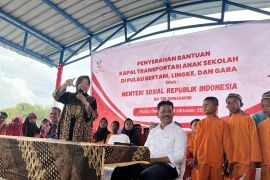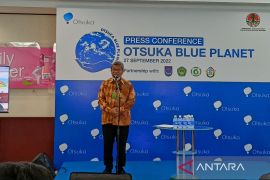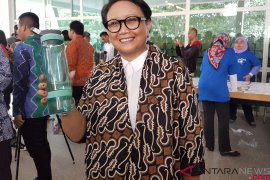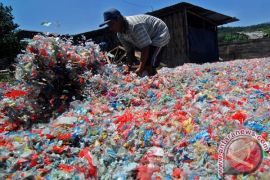However, lately, waste produced by the online commerce sector has become a mounting problem due to the amount of packaging used for deliveries.
While consumers are not necessarily being given the choice to select the packaging, many sellers on e-commerce platforms are continuing to opt for single-use plastic packaging, which can worsen the problem of waste management.
The Ministry of Environment and Forestry has voiced concern and called for an immediate reduction in the use of single-use plastic packaging in online shopping.
"We will soon speak with all marketplace and logistic businesses and call on them to strive to reduce plastic waste from online shopping; it is on our agenda," said Ujang Solihin Sidik from the ministry's sub-directorate for goods and packaging, which operates under the waste management directorate.
Joint Measures
The problem of waste, especially plastic waste, remains a challenge for Indonesia despite several strategic measures taken by the government to manage it.
The government has set an ambitious target to achieve 100-per-cent proper waste management by 2025, for which it has established a roadmap for National Waste Management and promulgated several policies, including the Presidential Regulation (Number 97 of 2017) on the National Policy and Strategy on Household Waste Alike.
A policy for industrial waste reduction has been promulgated through the Environment Ministry Regulation (Number 75 of 2019) on the Roadmap of Waste Reduction by Producers.
Several approaches have been adopted by the government to achieve its target, including reducing waste production by up to 30 per cent, implementing a circular economy where plastic waste is recycled and then supplied to meet the needs of domestic plastic core materials, and managing 70 percent of waste by using sophisticated technology to generate power from sorted waste, said Syailendra, director-general for domestic trade at the Ministry of Trade.
The establishment of such roadmap can perhaps attest to the urgency of the issue involving waste management in Indonesia. The country has witnessed a disaster attributed to negligence in waste management in 2005, when a mountain of waste, a whopping 200 meters wide and 60 meters high, exploded due to the accumulation of methane gas. The incident killed at least 150 persons.
Such a problem needs to be addressed, not only by the government and lawmakers through policies, but also by the general public and businesses, as well as industry makers.
To encourage a mindset and behavior shift among the people, several regions in the country have implemented policies on waste reduction, especially concerning single-use products.
E-commerce efforts
One of Indonesia's leading e-commerce platforms, Tokopedia, said that it is looking into the possibility of implementing a policy on plastic packaging reduction for sellers, claiming that the home-grown company has always adhered to government directives, including on plastic waste.
"Tokopedia continue to play an active role in reducing plastic consumption. In the office environment, for example, we do not serve plastic bottled water to our guests. We also encourage our workers to reduce their usage of plastic," said senior lead for Tokopedia's external communications, Ekhel Chandra Wijaya.
The company is also promoting local businesses, including sustainable ones, on its platform, and has been calling on people to re-use plastic bags or cardboard boxes in their daily lives, as part of efforts to maintain environmental sustainability.
Director executive of the Indonesian Plastic Diet Movement, Tiza Mafira, said she hopes e-commerce platforms can start offering consumers a choice when it comes to packaging.
"We want e-commerce platform providers to give the choice to consumers, for example, whether they want to use bubble wraps or whether they want to use plastic wraps or cable-ties," she elaborated.
There are a number of platforms, including those providing online deliveries, that offer such choices. However, she said, the implementation needs to be made more consistent and more widespread, as only a percentage of vendors are utilizing the feature.
Two sides of a coin
Addressing the problem of plastic waste will require the active involvement of all stakeholders in the nation. The issue can no longer be overlooked considering the growing level of waste produced: in 2020, the total volume of waste generated in Indonesia reached 67.8 tonnes, meaning 185,753 tonnes of waste was produced by 270 million Indonesians every single day.
The figure showed an increase compared to the previous years, when the volume of waste generated was already considerably high. In 2018, for instance, 64 tonnes of waste was produced by 267 million Indonesians across the nation.
Like the two sides of a coin, waste can be both deadly and beneficial — if managed properly. It will take joint efforts from several parties to ensure that the waste produced in the country can be turned into something beneficial for the people. (INE)
Related news: Indonesia launches radical action plan to curtail plastic waste
Related news: Bogor approves foreign investment to construct plastic-to-oil facility
EDITED BY INE
Editor: Suharto
Copyright © ANTARA 2021
